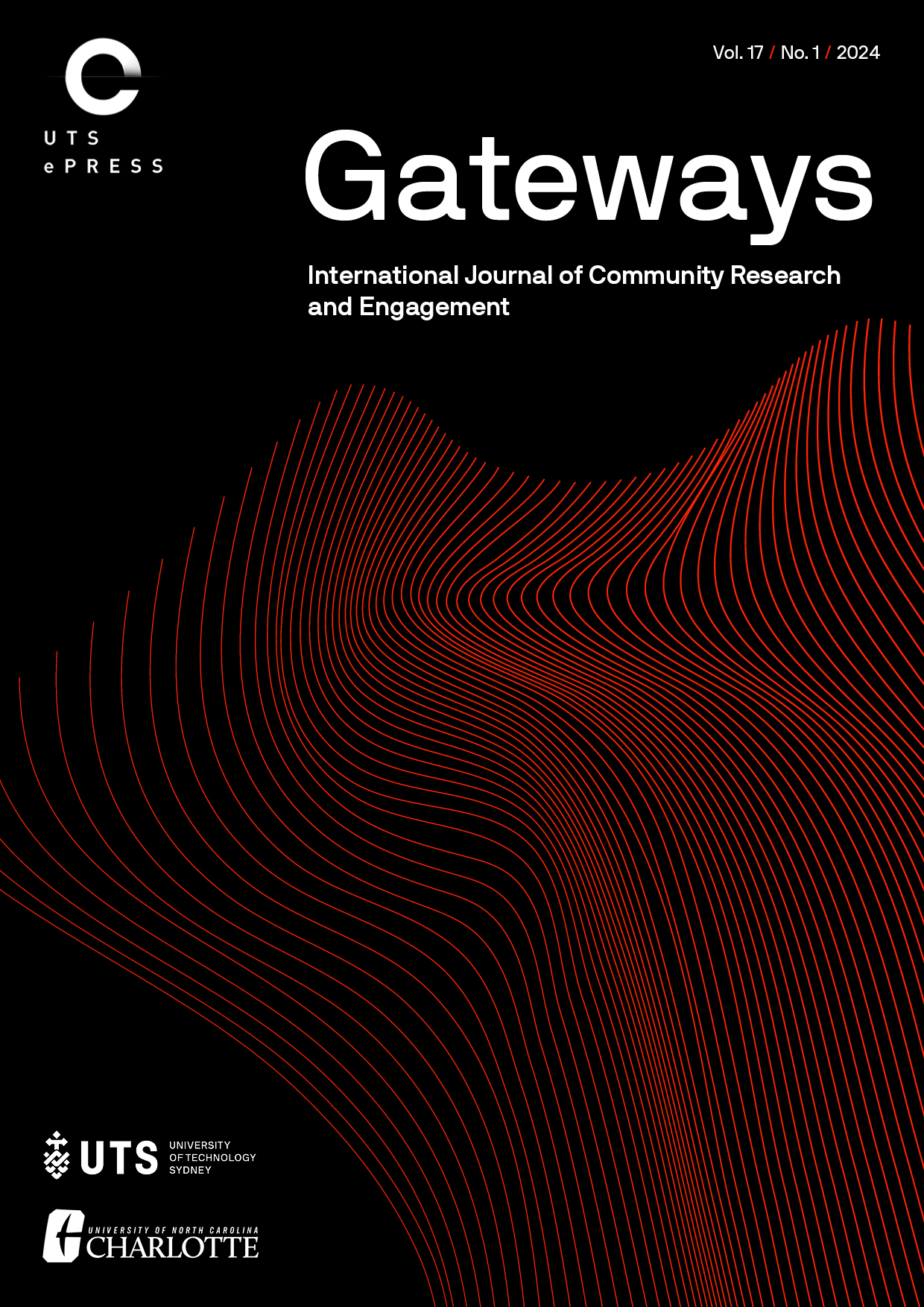Digital tools for knowledge exchange and sustainable public food procurement in community kindergartens: A case study in Słupsk, Poland
Main Article Content
Abstract
This article presents a case study on the experimental co-creation process of a digital platform supporting Sustainable Public Food Procurement (SPFP) in public kindergartens in a medium-sized city in Poland. The organisation of SPFP requires a dedicated technological infrastructure to ensure the information flow among food producers, kindergarten employees, children and parents. To this end, a digital platform was designed to enable contact, assessment of food quality and food procurement environmental impact, and the communication of needs and problems among all the actors involved in the food procurement system for kindergartens. The article also discusses the results of the field research and the method of Urban Living Labs, highlighting the key challenges faced by those seeking to combine knowledge about food and the natural environment with public food procurement. The principal difficulties include the availability, accessibility and possible application of data on the environmental costs of food production, the individualisation of needs and motivations related to public catering in educational facilities, and the specific nature of the public sector responsible for public food procurement.
Article Details
Issue
Section
Authors who submit articles to this journal from 31st March 2014 for publication, agree to the following terms:
a) Authors retain copyright and grant the journal right of first publication with the work simultaneously licensed under a Creative Commons Attribution License that allows others to share and adapt the work with an acknowledgement of the work's authorship and initial publication in this journal.
b) Authors are able to enter into separate, additional contractual arrangements for the non-exclusive distribution of the journal's published version of the work (e.g., post it to an institutional repository or publish it in a book), with an acknowledgement of its initial publication in this journal.
c) Authors are permitted and encouraged to post their work online (e.g., in institutional repositories or on their website) prior to and during the submission process, as it can lead to productive exchanges, as well as earlier and greater citation of published work (See The Open Access Citation Advantage Service). Where authors include such a work in an institutional repository or on their website (ie. a copy of a work which has been published in a UTS ePRESS journal, or a pre-print or post-print version of that work), we request that they include a statement that acknowledges the UTS ePRESS publication including the name of the journal, the volume number and a web-link to the journal item.
d) Authors should be aware that the Creative Commons Attribution (CC-BY) License permits readers to share (copy and redistribute the work in any medium or format) and adapt (remix, transform, and build upon the work) for any purpose, even commercially, provided they also give appropriate credit to the work, provide a link to the license, and indicate if changes were made. They may do these things in any reasonable manner, but not in any way that suggests you or your publisher endorses their use.
For Volume 6 (2013) and before, the following copyright applied:
Articles published by UTSePress are protected by copyright which is retained by the authors who assert their moral rights. Authors control translation and reproduction rights to their works published by UTSePress. UTSePress publications are copyright and all rights are reserved worldwide. Downloads of specific portions of them are permitted for personal use only, not for commercial use or resale. Permissions to reprint or use any materials should be directed to UTSePress.
